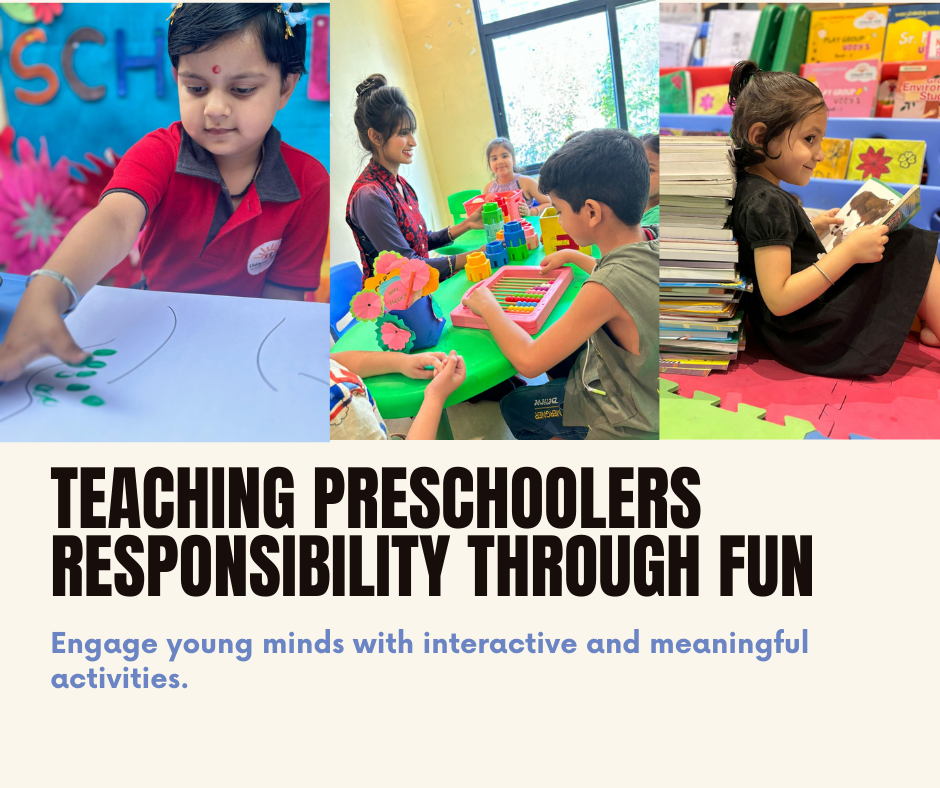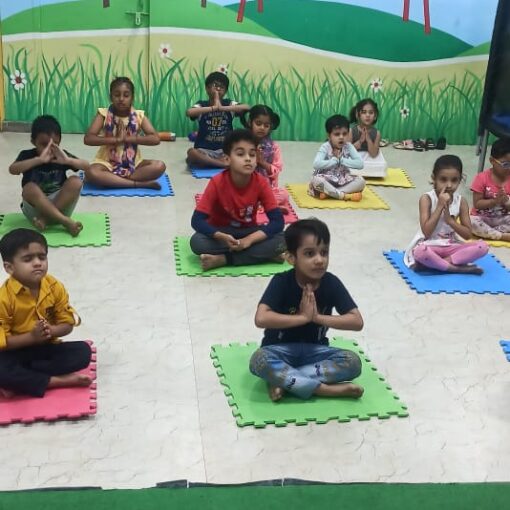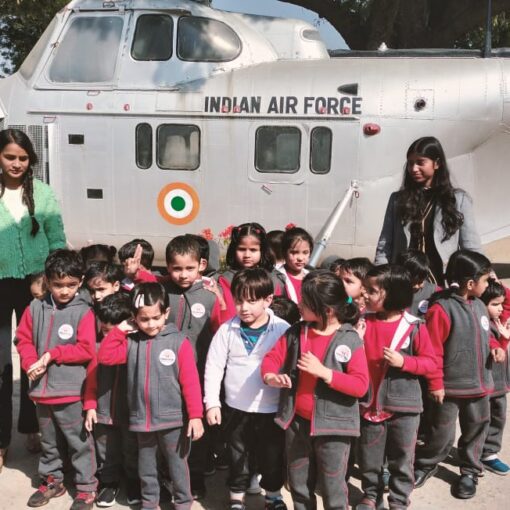
Teaching young children about responsibility is essential for their social and emotional development. This article provides engaging activities designed to introduce the concept of responsibility and encourage empathy and cooperation among preschoolers.
Introduction
Understanding responsibility is a crucial part of growing up. It teaches children about the impact of their actions on others and helps them become caring individuals. In this blog post, we explore how educators and parents can effectively teach responsibility to preschoolers through interactive activities and meaningful discussions.
Discover the Best Preschool in India.
Teaching Responsibility Through Stories
Story Time: “The Helpful Friends”
One effective way to introduce responsibility is through storytelling. Gather the children in a circle and read a story like “The Berenstain Bears: The Trouble with Chores” by Stan and Jan Berenstain. This story illustrates how characters help each other and take responsibility for tasks. Pause at key moments to discuss with the children why helping others is important and how it makes a positive difference.
Engaging in Hands-On Activities
Role-Playing Responsibility
Another great method is through role-playing activities. Divide the children into pairs or small groups and provide them with props such as toy tools or play kitchen items. Assign scenarios where one child helps and the other receives help, like setting the table or cleaning up toys. Guide the children to discuss how it feels to help and be helped, emphasizing the feelings of empathy and cooperation.
Learning and Development
Through these activities, preschoolers not only learn about responsibility but also develop essential cognitive, social-emotional, and motor skills:
- Cognitive Development: Children understand what responsibility means and how their actions can impact others positively.
- Social-Emotional Development: They learn empathy and cooperation through role-playing and discussions about helping others.
- Motor Skills: Fine motor skills improve through activities involving cutting, decorating, and handling props.
Conclusion
Teaching responsibility to preschoolers teaching is more than just a lesson—it’s a foundation for lifelong values. By engaging preschoolers in activities like storytelling and role-playing, educators and parents can effectively instill a sense of responsibility and empathy from an early age. These experiences help children grow into considerate and compassionate individuals who understand the importance of making positive choices for themselves and others.





One thought on “Teaching Responsibility: Engaging Activities for Preschoolers”